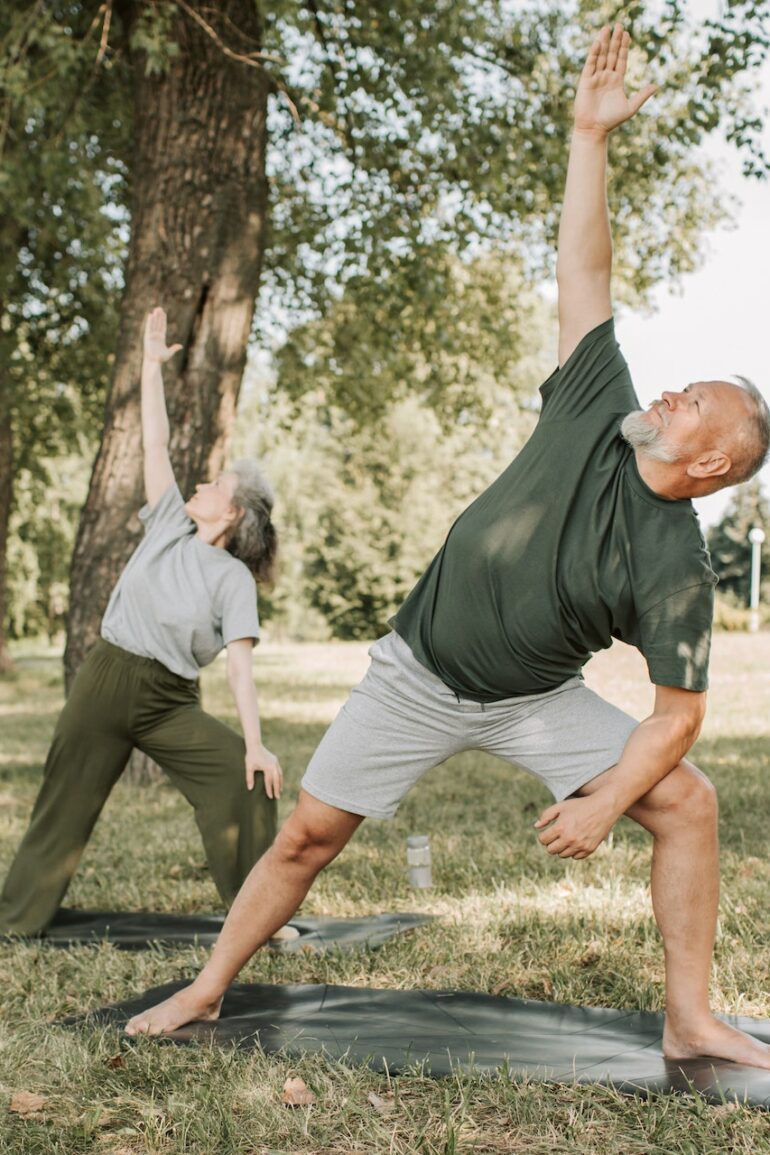Table of Contents
Stress Reliever: Going On A Hike
Are you feeling stressed out? Activities like yoga or going on a hike can help relieve stress. They have plenty of mental, emotional, and physical health benefits so that you can feel better in no time. Visit motherhoodcommunity.com to learn about 5 benefits for your physical, mental, and emotional well-being.
Top 5 Reasons Why Hiking Can Reduce Stress
Hiking is an outdoor activity within a natural environment, such as a forest, mountain, lake, or countryside. It can be a long, vigorous walk usually done for pleasure, but this activity is also a stress reliever. If you’re lucky to live near a hiking spot, then you might have noticed that the activity can make you feel better.
Here are five reasons why that happens:
The Healing Power Of Nature
Communing with nature can help you get out of a bad mood or anxious feeling, unless you’re in a foreboding place, of course.
But many nature lovers will tell you that they just feel good when they’re in nature. They don’t even need to do anything but hike along the nature trails to feel better.
That’s because nature is considered the best healer. Some people believe that it’s because nature can absorb bad energy. But it’s also possible that the sounds and scents of nature can soothe your mind and body, helping you relax.
Releasing Endorphins
Hiking and enjoying nature releases endorphins, also called “happy hormones.” Just as their name suggests, these hormones can make you feel happy.
Those who hike more, around once or twice a week, can have higher levels of endorphins than those who don’t go out.
These higher endorphin levels can do wonders for your internal stress management system.
Clearing Your Mind
Going out on a hike clears your mind because you can think freely without distractions. Unless you’re hiking with a loud group, the relative silence of nature allows you to think deeply about things that are boggling your mind.
Many people find it easier to think clearly and make sound decisions while hiking.
If you’re stumped over something, such as writer’s block or reduced creativity at work, why not try hiking? It might get those creative juices flowing in no time.
Practicing Mindfulness
It can be easier to practice mindfulness while you’re enjoying nature. Instead of thinking about the things that make you feel bad or anxious, you can focus on the beauty of nature.
Breathe in the fresh air, then visualize breathing out all the bad energy or feelings you have in your body. Take in the sights and admire their beauty.
Stop yourself from thinking any negative thoughts and simply focus on admiring the wonders of nature around you.
Slowing Down
Too many people are so busy these days that they’re trying to beat one deadline after another, accomplishing as many tasks as they can.
Of course, that can be necessary for your career advancement and to achieve your dreams, but if you’re constantly stressed out, ask yourself whether it’s worth it.
Step out and take the time to go hiking. It teaches you to slow down and simply enjoy the moment. A hike can even help you reconnect with yourself, find inner peace, and recharge.
You might have been too busy to notice that your mind and body are also in need of some “me” time. A hike lets you live in the moment and appreciate what nature has to offer so you can feel better.
Hiking Safety Tips To Remember
You’re hiking to reduce stress, but also make sure that you’re safe while doing it. Here are some tips to remember:
- Wear shoes, comfortable clothes, and a hat. Bright-colored clothes are preferable because these can make you easier to find in case of accidents.
- Bring water (at least 1 liter) and check whether there are water stations nearby.
- Plan your nature walk, researching the trail and the area as much as possible.
- Be sure to bring hiking gear, such as a compass and map, to guide you.
- Bring a basic first aid kit.
- Keep track of your destination and current location.
- Stick to the known trails, and don’t try going off on an adventure outside the trail.
- Remember, some areas don’t have a cell phone signal. It can actually be easy to get lost, especially if it’s your first time hiking in the area.
- If you don’t have a satellite phone or a guide with you, be sure you don’t venture too far.
- Don’t push yourself too hard. Take breaks often.
- If possible, hike with a buddy and/or a guide.
- Be sure to pack extra clothes and some food.
- Check the weather reports. Avoid heading out if there’s a major weather disturbance or a big chance it will snow.
- It’s better to head out for a hike early in the morning rather than late in the afternoon.
- Avoid touching anything you aren’t familiar with, including cute-looking animals or interesting plants. Even if they look that way, they could be dangerous.
Aging is associated with declining mobility and daily functioning
Coming out is a complex, personal process that happens
If you’ve had skin cancer and have recently undergone




